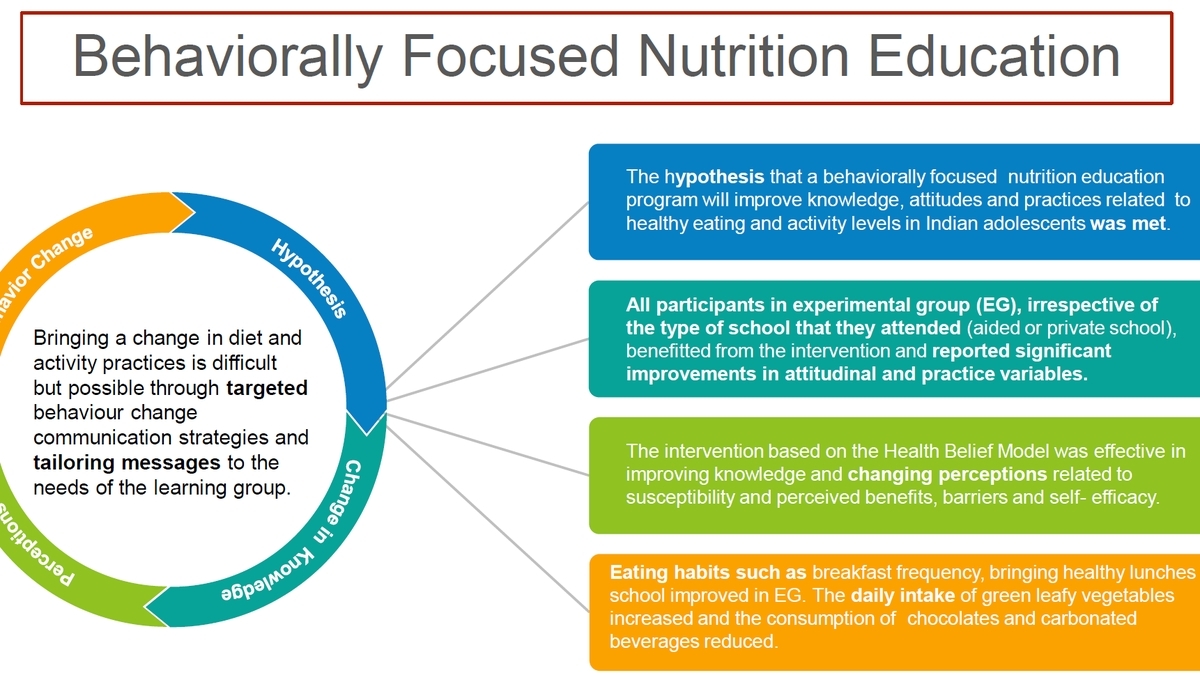
Food and Confidence: The Hidden Connection
Emerging research underscores the profound connection between the food we consume and our emotional well-being. Unbeknownst to many, our dietary choices can significantly influence our self-esteem and confidence levels. The nutrients that we ingest not only nourish our bodies but also have a positive impact on our emotions and brain function, leading to an uplift in self-esteem. This correlation emphasizes the psychological aspect of our dietary habits and the potential implications these have on an individual’s confidence.
A Scientific Perspective: Dietary Intervention and Self-Esteem
In a recent 12-week study involving 600 women aged 60-70, researchers found that diet and physical activity intervention led to a notable increase in global self-esteem. The dietary intervention group demonstrated the highest increase, with the average body mass loss being most significant in this group. The study concluded that a decrease in body mass and adipose tissue content, reflected by a lower BMI and WHR, corresponded with higher self-esteem scores. These findings further solidify the role of dietary choices in enhancing self-esteem.
The Detrimental Impact of Diet Culture
While the right dietary choices can improve self-esteem, the societal obsession with thinness, often propagated by diet culture, can have the opposite effect. This culture, which equates thinness with status, health, and virtue, can distort our interaction with daily activities and experiences, including healthcare, exercise, and shopping. The emphasis on body idealization, the moralization of food choices, and the use of exercise as a body control mechanism can lead to detrimental outcomes, such as body dissatisfaction, excessive stress, and negative health impacts associated with weight cycling.
The Downside of Fad Diets
Many succumb to the allure of quick results promised by fad diets, often driven by society’s overvaluation of physical appearance and the influence of social media. However, these trendy diets often result in weight cycling and adverse effects on both physical and emotional health. Dieting for aesthetic reasons can lead to harmful behaviors such as disordered eating, low self-esteem, and confidence. The most effective way to maintain a healthy weight and promote well-being is through long-term adherence to healthy lifestyle behaviors, including a high fiber, whole food, plant-based diet.
Nutrition and Mental Health: The Role of Dietitians
Dietitians play a significant role in supporting mental health through nutritional interventions. They can help clients with diagnosed mental illness manage nutrition-related side effects of medications and improve self-management to support overall mental health. Focusing on aspects such as improving gut health, reducing inflammation, and correcting deficiencies can contribute to a healthier brain and improved mental health.
Intuitive Eating: A Sustainable Approach
Intuitive eating is an approach that promotes self-care and body respect, helping individuals develop a healthier relationship with food and regulate emotions. Unlike typical diets, it encourages individuals to stop categorizing foods as good or bad and to consume what feels right for their bodies. This approach has been validated by evidence-based models and offers resources such as books, podcasts, and guides to support individuals in their intuitive eating journey. By acknowledging the body’s hunger, fullness, and satisfaction signals, intuitive eating can lead to a healthier relationship with food and improved self-esteem.
